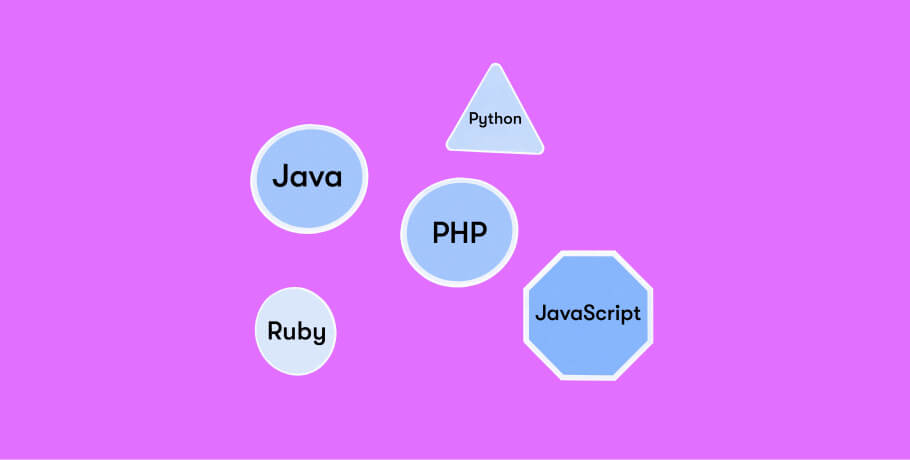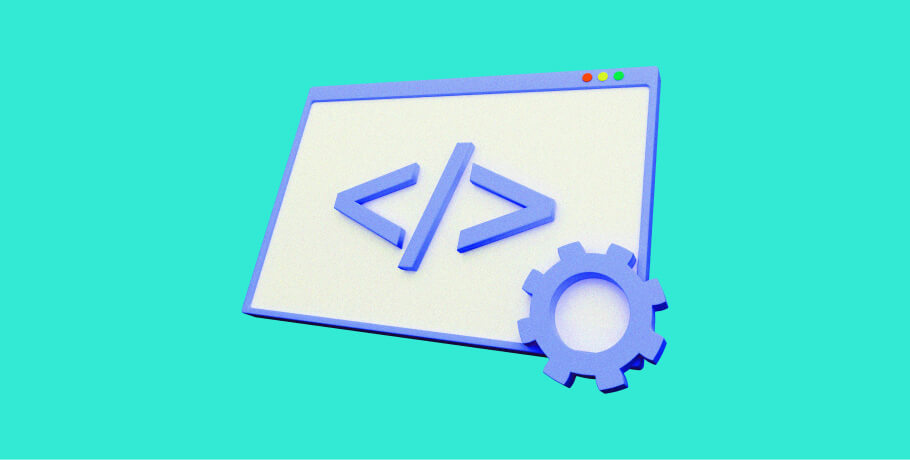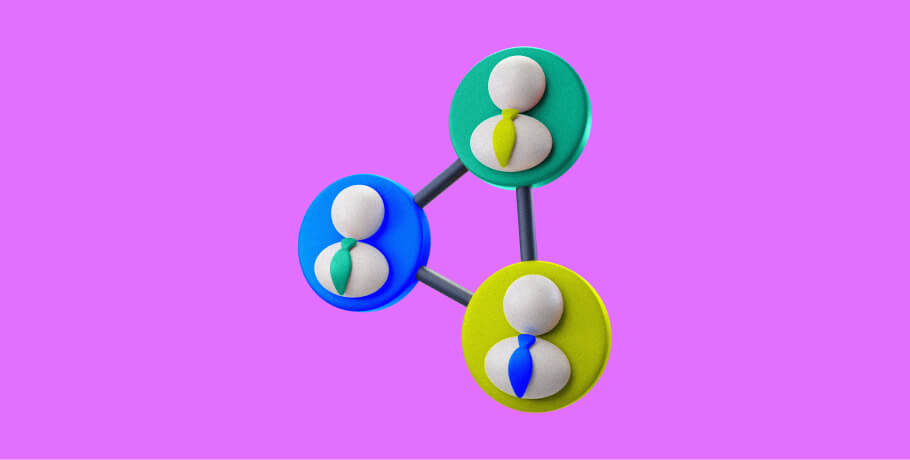In today’s online world, PHP-constructed websites have a strong hold. Almost 77% of all websites today had their server-side applications built using PHP. It’s obvious that this programming language has its fair share of lovers — though there are also a few haters in the mix.
With the rise in popularity of languages like Python, some programmers are now pointing out the drawbacks of PHP when making a website. Amongst a sea of benefits, this scripting language is not without its faults.
In this article, we’re going to clearly define the advantages and disadvantages of the PHP programming language, check out its capability and functionality, and see how it compares with other scripting languages.
What is PHP used for?
PHP, now known as PHP: Hypertext Preprocessor, is an open source scripting language created by Rasmus Lerdorf some three decades ago, and is mainly used by developers to create web pages and websites (such as eCommerce sites, professional websites, marketplaces, etc.). You can also use its syntax to create web applications and GUIs (graphical user interfaces). The recent versions of this scripting language, such as PHP 7 and PHP 8, are object oriented, which helps developers create secure frameworks and functions that are dynamic and reusable.
PHP features
While the list of PHP pros and cons is considerable, its number of useful features is extensive. Let’s explore what the core PHP team has done to make this language stand out over HTML, Python, C language, and others.
- Open source
One of the key PHP benefits is that it is entirely open source, meaning that PHP developers don’t have to shell out any money to use the frameworks, run code, use its database, debugging tools, etc. You can simply download the language and create websites and web applications any time you want.
- Extensive library
Programming language libraries have codes that are pre-written and optimized to run tasks smoothly and to reduce poor performance. Instead of starting a code from scratch, you can just access the library and borrow code to make your tasks run at maximum efficiency and speed. You can also explore resources like Symfony, Django, CodeIgniter, etc.
- Adaptable with multiple platforms and technologies
Why do popular content management systems like WordPress use PHP, you ask? Well, it’s because this scripting language is highly flexible and adaptable. Exhibit A: if you need PHP and MYSQL to work together, it can be done. Exhibit B: you can also run it on a plethora of operating systems such as Windows Linux, Unix, Mac OS, and others.
- Community support
Another benefit of using PHP language is that, aside from just the code, it has extensive community support as well. For any question you have, the chances are high it has already been asked and answered. The community is also very hands-on, so you’ll find multiple resources in the form of web-based content, such as audios, videos, blogs, etc.
- Other features
Another benefit of PHP web development is that maintenance is an easy task — especially when you have frameworks like Model View Controller (MVC) acting as a helping hand. You also get access to real-time insights, super fast speed, the ability to use the software on multiple platforms, and its enhanced security features.
Advantages of PHP over other languages
Now that we’re done discussing the what and whys, let’s come to the topic you’re actually reading the article for — understanding PHP advantages and disadvantages.
- Scalable
If you’re working on a large-scale project and need the help of a scripting language that can get the task done well, then this is the language for you. Facebook, WordPress, Tumblr, Yahoo, MailChimp, iStockPhoto and others were all created using PHP. Since one of the main advantages of PHP is that it loads fast, it also means the people coming to your website won’t experience long wait times.
- Free to use
Scripting languages can be of two types — open source and closed source. Open source language refers to languages that are free; closed source refers to the languages that are paid. PHP is one of the most popular languages on the server side scripting world that doesn’t require any fee. You can use frameworks, syntax, libraries, databases, and all of its functionalities for free.
- Community support
One of the biggest advantages of using PHP in web development is that the support of the PHP community is extremely strong. If you’re stuck with a problem somewhere in development you can pose a question to the community and you’ll have multiple software developers around the world to help you. PHP Community is one of the most active communities in the web development world.
- Ease of use
When it comes to programming languages, PHP is one of the easier ones to learn. This is because even though its syntax is rigid, it is also forgiving. Aside from this obvious benefit, you can also access multiple libraries and resources to ensure that your code is optimized for speed and efficiency.
- Lightning speed
While we’re lining things up in the “pros and cons of PHP” columns, let’s address one of the biggest pros of PHP — its lightning speed. According to many experts, this programming language is almost three times as fast as Python, and the current versions (#7 and up) are even faster than the previous versions.
PHP drawbacks
We mentioned that this language is not without its faults, so let’s explore what they are, and what the common complaints developers have with PHP.
- Not as versatile
If you’re planning to use this scripting language exclusively for building websites and web applications, then you’re all set. However, if your project is more extensive and you’ll need other technologies like machine learning, artificial intelligence, big data, etc. in addition to hiring PHP developers to make everything come alive, then you might need to consider another programming language.
- Limited debugging tools
One common complaint most developers have about PHP is that it has limited debugging tools. It handles errors poorly, especially when compared to other scripting languages — this is mainly because the debugging tools that are needed to track and search for such errors don’t work as well.
- Can’t modify core behavior
Suppose you’re working on a task, and your primary goal is to make it as creative as possible — then PHP is not the tool for you. This is because PHP as a scripting language does not allow any modifications or changes to the frameworks of the core behavior of web applications. This means you’ll have some restraints in trying to achieve new outcomes.
- Security is not the best
Since PHP is open source code, it also means that it has an ASCII text file, which is easily accessible. This basically means that whatever code you write, the general public can easily view it, along with all the bugs your code has. This also means that they can use those bugs against you. Ergo, security is not the best.
- There are easier-to-use languages
PHP is a pretty easy-to-use programming language. If you’re already a developer you’ll master it in no time. However, this language is written like code. When you compare it to Python, which is written like English, you realize that even a beginner can grasp Python. Hence, even though PHP is easy to understand, there are easier languages out there.
Advantages and disadvantages of PHP
PHP advantages | PHP disadvantages |
Extremely scalable | Not as versatile |
Free to use | Limited debugging tools |
Support of community | Can’t modify core behavior |
Easy to use | Security is not the best |
Lightning speed | There are easier to use languages out there |
PHP costs of development and maintenance
PHP maintenance and development should ideally be an easy task (for both yourself and your developers). Since this language is simple to use, a talented developer should be able to create a website that will charm you, no questions asked. According to multiple sources, a developer may charge $49/hour on average to develop your website. Obviously, the pricing differs from region to region, the kind of complexity your project has, and the kind of developer working on the project.
If you wish to maintain your PHP-based web pages and web apps, then you should ideally opt for a yearly maintenance contract. Support for maintenance might cost more than $500 yearly. Again, this price depends on how large your website is, the developer you hire, and where they are based.
To provide some insight on how much a PHP developer needs to earn in every country to reach the national average of how much PHP developers earn overall, we’ve created a table based on data collated from Kinsta.
Conclusion
Well, there you have it! We’ve presented a conclusive summary of all the advantages and disadvantages of using PHP. To recap, here’s where this scripting language shines and where it doesn’t:
- It’s got an inconsistent syntax, and it’s got a shoddy debugging tool.
- Speaking about the syntax, it can be quite rigid too. This can be attributed to its frameworks not being as versatile as Python and other programming languages.
- The scripting language has been here for quite a while, which means that most web developers are now accustomed to using it. This also means that they have developed an expertise in it.
- One of the areas where this language shines best is when it comes to speed. Since speed is one factor most companies look at when developing websites (mainly because they don’t want to make users face long load times), many companies opt for this language to not lose out on potential customers.
- Community support is not an area that can be ignored either, mainly because questions and problems are bound to arise, no matter how great of a developer you are. So, in case of any issues, you’ll need answers on how to move past the aforementioned problems.
FAQ

The EPAM Anywhere Editorial Team is an international collective of senior software engineers, managers and communications professionals who create, review and share their insights on technology, career, remote work, and the daily life here at Anywhere.
The EPAM Anywhere Editorial Team is an international collective of senior software engineers, managers and communications professionals who create, review and share their insights on technology, career, remote work, and the daily life here at Anywhere.
Explore our Editorial Policy to learn more about our standards for content creation.
read more

















